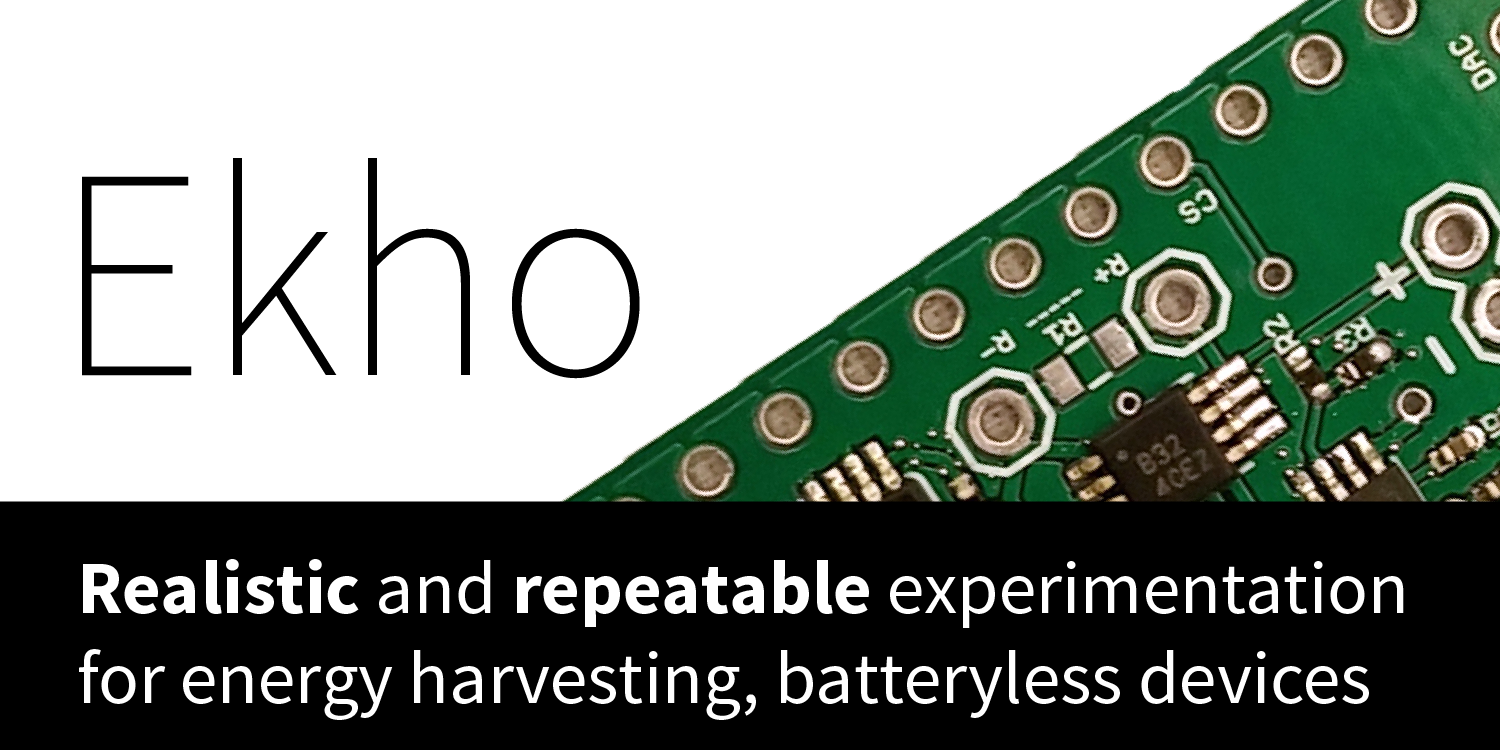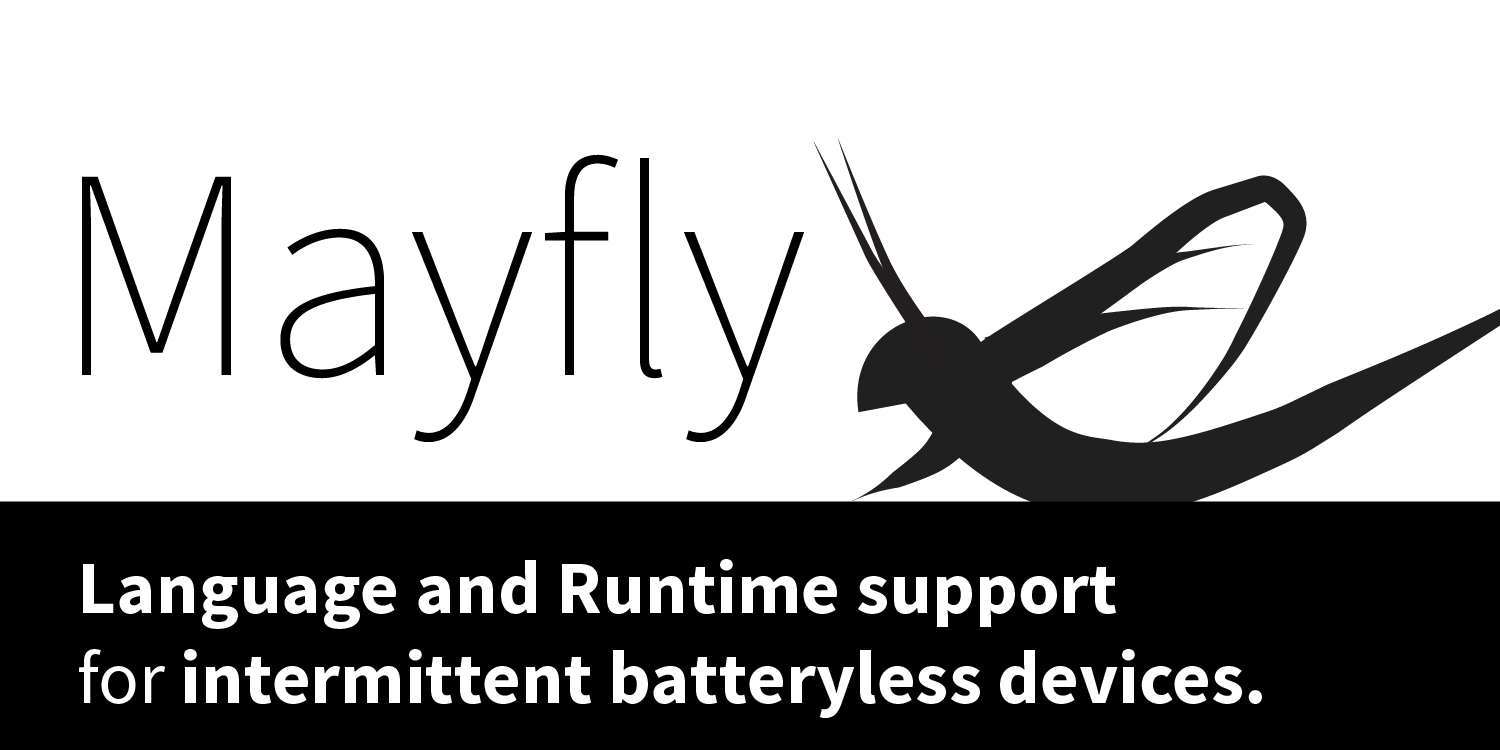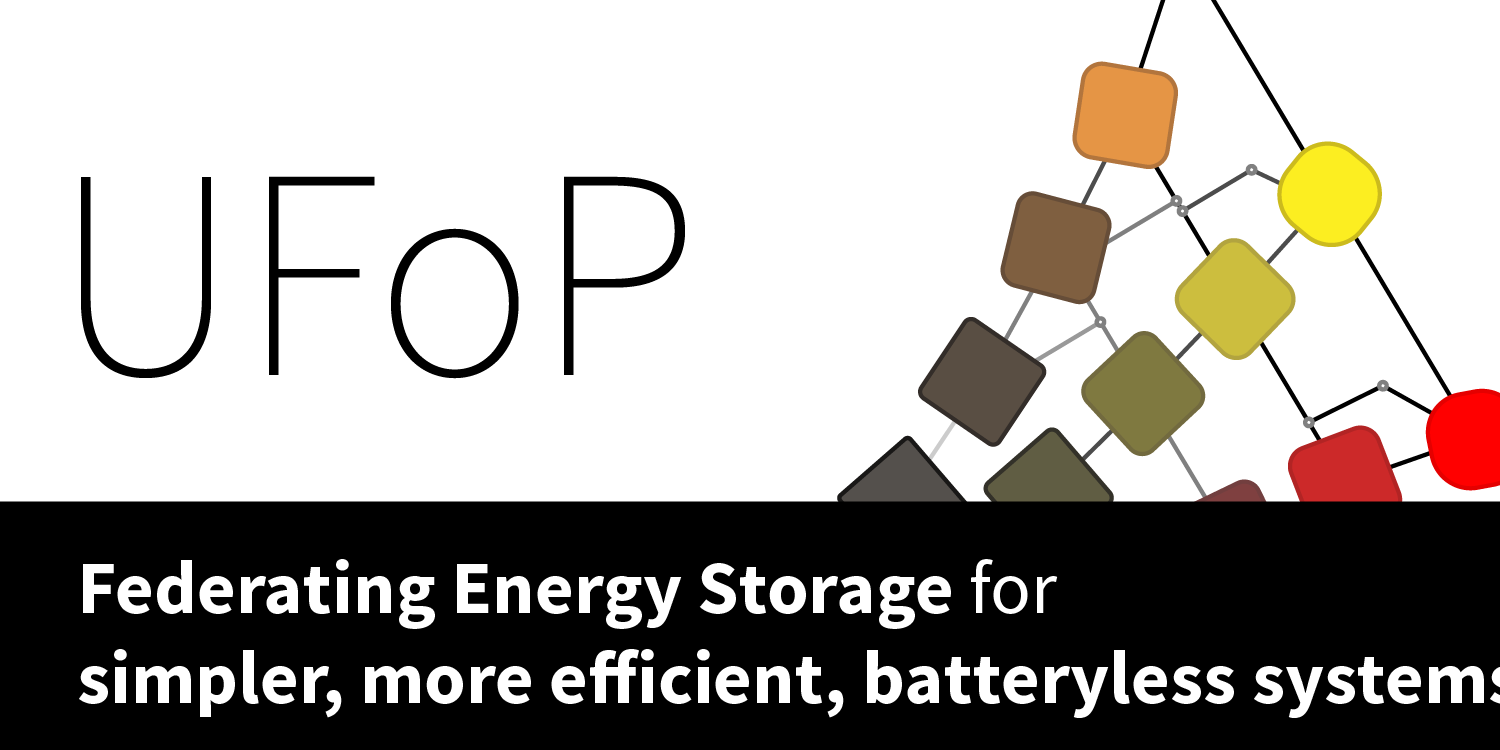Current Projects

We're working to make wearables last longer and do more with limited resources, while doing a better job of handling sensitive information. The Amulet project is a joint venture between Clemson University and Dartmouth College, funded by the National Science Foundation.
http://amulet-project.org/ »
The Auracle project is focused on developing better technologies for monitoring eating behavior. This project is a joint venture between Clemson University and Dartmouth College, funded by the National Science Foundation.
http://auracle-project.org/ »
Ekho is a new tool for recording and replaying energy harvesting conditions. Energy harvesting is a necessity for many small, embedded sensing devices, that must operate maintenance-free for long periods of time; however, understanding how the environment changes and its effects on device behavior has always been a source of frustration. Ekho allows system designers working with ultra low power devices, to realistically predict how new hardware and software configurations will perform before deployment. By taking advantage of electrical characteristics all energy sources share, Ekho is able to emulate many different energy sources (e.g., Solar, RF, Thermal, and Kinetic) and takes much of the guesswork out of experimentation with tiny, energy harvesting sensing systems.
Source code on GitHub »
Programming intermittent devices is challenging. Power outages can happen at any point in the execution, leaving data structures in an inconsistent state or delaying data delivery. Mayfly is a programming language and runtime for intermittent devices, designed to make intermittent programming easier by explicitely capturing a program's timing constraints and automatically ensuring that in-memory data structures are protected. This work is supported by NSF Award CNS-1453607.

When building batteryless devices, storing energy in multiple capacitors (one per peripheral) is often better than using a single shared capacitor. If done well, federating energy storage makes software simpler and allows devices to harvest more energy. UFoP (the United Federation of Peripherals) is a system we have developed for efficiently federating energy storage. This work is supported by NSF Award CNS-1453607.
SenSys 2015 UFoP Paper »